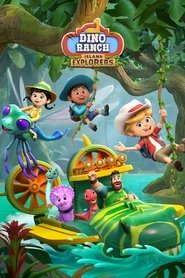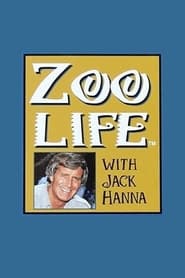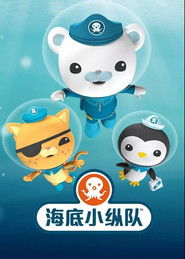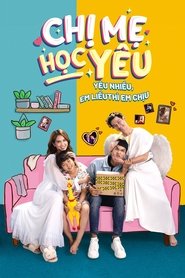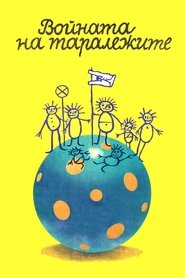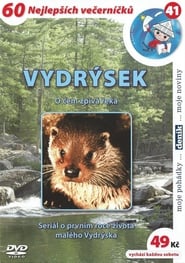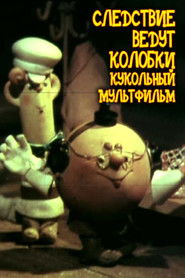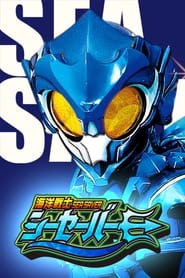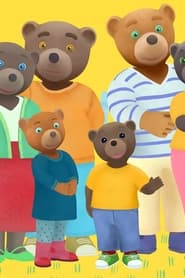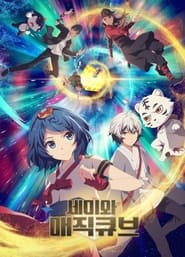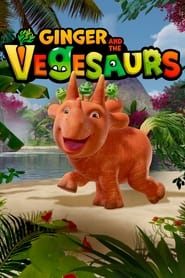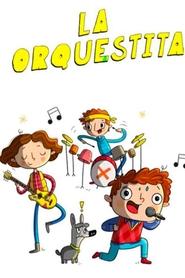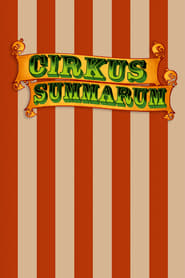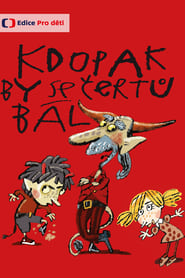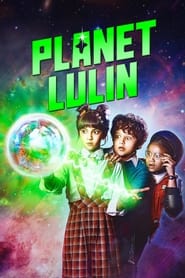Kids TV Series - Page 183
-
Dino Ranch: Island Explorers
2025
Join Jon, Min, Miguel and their trusty dinos, as they explore the Island's dino filled jungle, active volcano, and the previously undiscovered world under the water. -
ZooLife with Jack Hanna
1994
Discover animal facts as you explore the world's wildlife with Jack Hanna, Director Emeritus of the Columbus Zoo. Along the way, you'll also learn what's being done to preserve the animals and their habitats. -
海底小纵队探索系列
2022
海底小纵队探索系列
2022
-
Honey We Need To Talk
2021
The journey of growing up as a naive single mother really began when faced with raising a 6-year-old son. At this time, she also met the ideal man of her life. -
The Hedgehogs' War
1979
The Hedgehogs' War
1979
star 10'The Hedgehogs' are a group of youngsters who are trying to gain control of the empty space between the blocks of flats, which they want to convert into a basketball court. The resistance of the neighbors is soon overcome and the court is laid down. Training courses in basketball for kids are set up. The ambitious coach is selecting only those of the boys who are able to carry out his most absurd orders. Two of them happen to be late, so he immediately fires them from the team. Thus the 'hedgehogs' war' against the indifference of the adult breaks out. -
Sam Witch
0000
Sam Witch
0000
Sam is a young girl learning the ins and outs of being a witch. With the support of her family, friends and magical pets, Sam is excited to tackle problems big and small around town in her own "witchy way." -
Bubsy
1993
-
Vydrýsek
2003
-
Kaiyou Senshi Sea Saver
2023
star 8Enoshima Island, Shonan, where a lot of garbage has washed up through the river and sewage system. This negative energy gives birth to the powerful "Trash Monster: Mad Trasher," who begins to attack mankind! Around the same time, a young man who loves the ocean discovers a mysterious stone during a beach cleanup… -
Petit Ours Brun
2018
Petit Ours Brun
2018
-
Semi in the Magic Cube
2018
The story tells the tale of Semi, a bright girl who goes in a magical time journey with the genius teacher Wai, in order to prevent the evil X from utilizing the powers of the magic cube for evil. Along the way, Semi and her math school friends run into history and math problems that they must solve with logic and wit. -
Ginger and the Vegesaurs
2022
Go back through the mists of time to a rich and colourful prehistory you never knew existed. An era dominated by the juiciest and crunchiest creatures ever to rule the planet - the mighty Vegesaurs! -
La Orquestita
2023
La Orquestita
2023
-
Cirkus Summarum
2010
-
Schmecksplosion
2013
-
Teen Choice Awards
1999
Teen Choice Awards
1999
star 9.1The Teen Choice Awards is a teen awards show presented annually by Fox. The first awards were held in 1999. The program honors the year's biggest achievements in music, movies, sports, television, fashion and more, as voted on by teens aged 13–19. The program features a number of celebrities and also musical performers. The winners are awarded with authentic mini size (182 cm) surfboards designed with a summertime theme. The ceremony has created spin-off teen awards on YouTube. -
Planet Lulin
2024
Planet Lulin
2024
star 4Lulin wasn't expecting to develop alien powers, or intergalactic invaders to crash her school science comp, but hey, Year 6 is full of surprises! -
上海美术动画合集
1955
上海美术动画合集
1955
